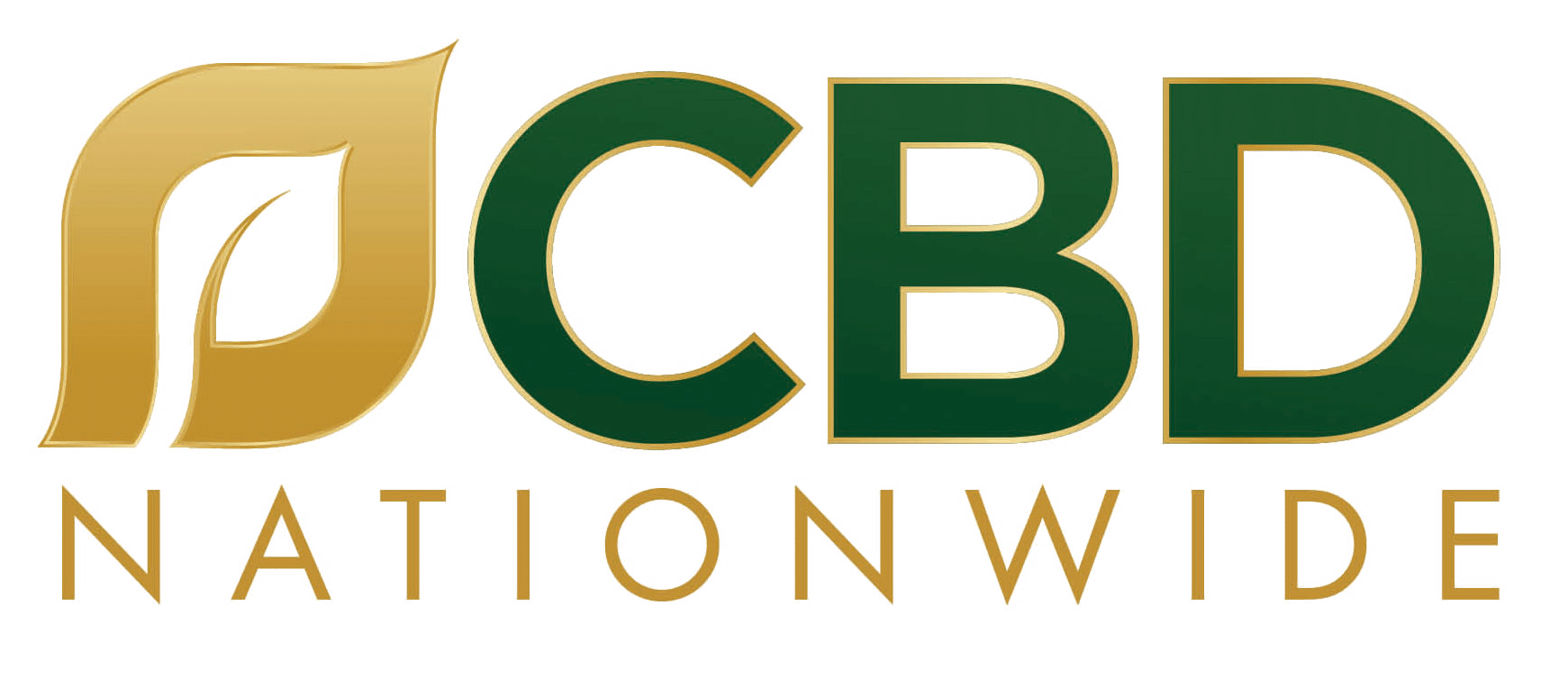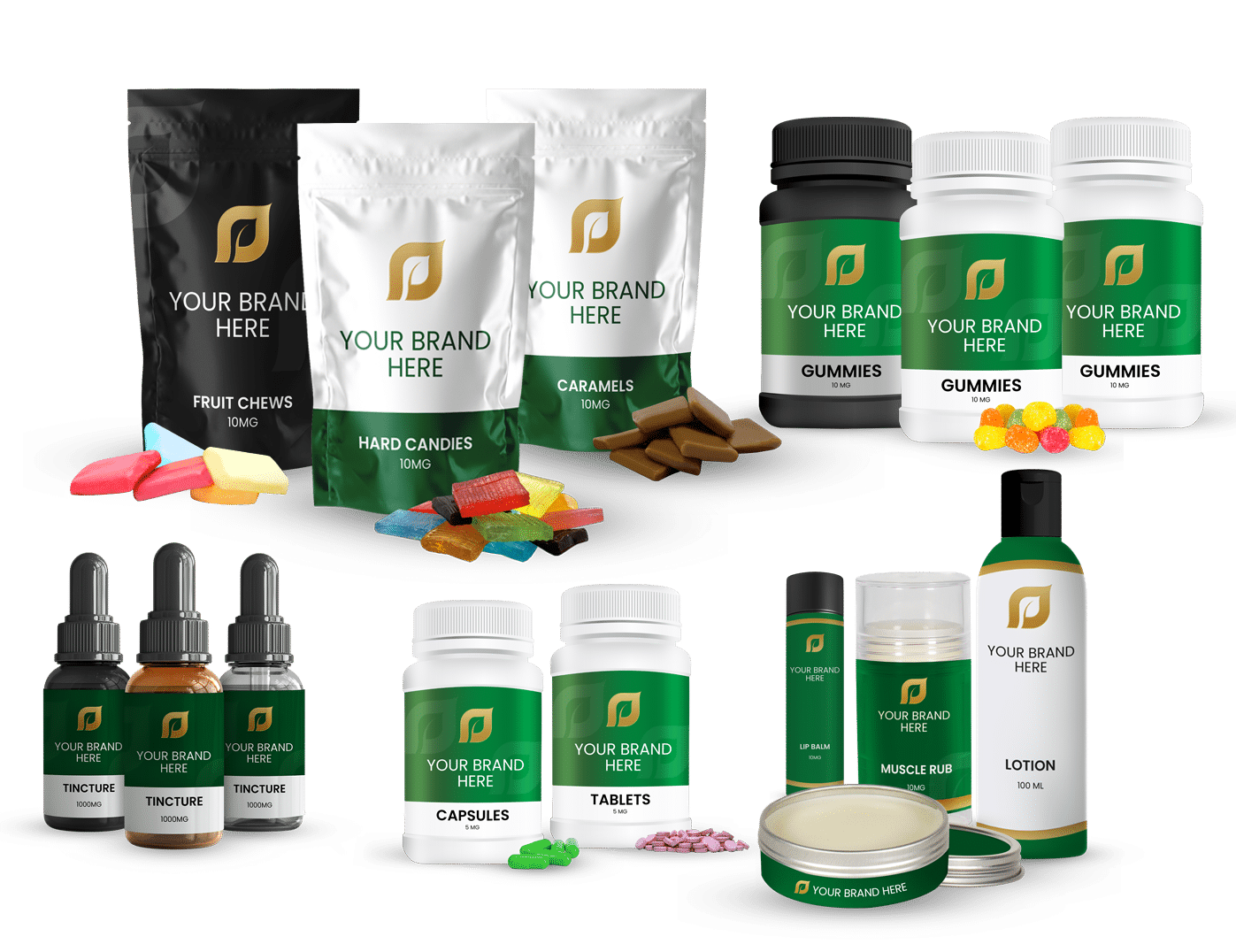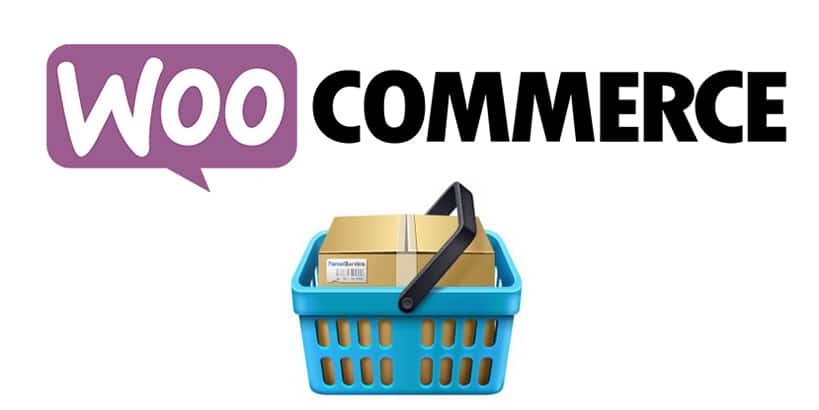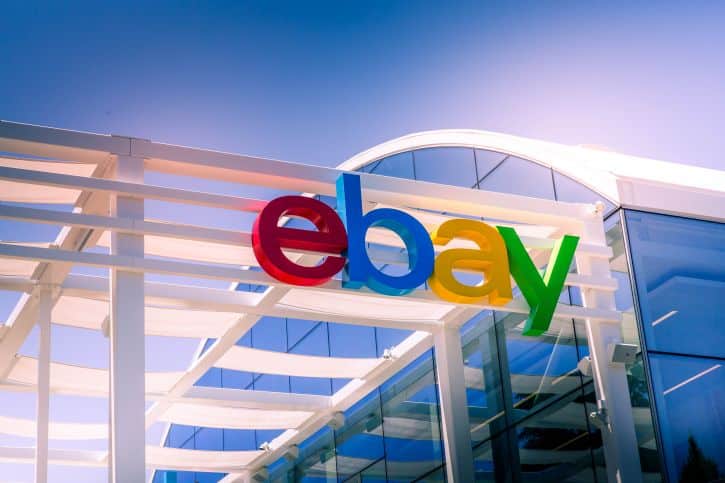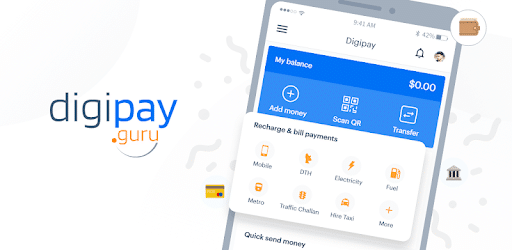The medical profession and policymakers are taking note as more individuals learn about the advantages of CBD. More and more people are starting to sell CBD online. Many people are trying CBD for the first time because its legitimacy and health benefits have been promoted by physicians, researchers, and politicians.
To successfully sell CBD online, you need to take note of all legalities and regulations and apply for the required licenses. You will also need a reputable supplier and an excellent marketing strategy. Then, it’s all about building an e-commerce platform and establishing customer satisfaction.
Whether you use CBD or are simply curious about the sector, now is an excellent time to enter the market and sell your own CBD products online. Here’s how you can successfully create a CBD business.
Table of Contents
Toggle1. Register Your CBD Business
The first step is to register your CBD business and ensure that it is in accordance with both state and municipal laws.[1] To be in compliance, you must fulfill the requirements for incorporation in your region or in the state where you want to incorporate your company.
It is legal in all 50 US states to sell CBD products online.
The only restrictions for online sales of CBD products are regarding the amount of THC that a product can contain, as well as where the oil is sourced. This THC content is limited to not more than 0.3%. The other regulation states that CBD oil must be sourced from industrial hemp.[2]
You must also secure any necessary licenses or permissions from the state where your business is located. State licenses for selling cannabis products, local permissions for stocking these items, food licenses if you want to produce your own edibles, and other licenses may be required.
It is important to understand CBD laws before starting your business. If you are not in full compliance with all rules and regulations, you risk facing penalties.
2. Source a Reputable CBD Supplier
Choosing a CBD supplier is a critical decision. It will impact the quality of your products, customer satisfaction, and your brand’s reputation.
Because of CBD’s well-known health advantages, counterfeit CBD oils have sprung up in stores all over the world. These counterfeit CBD oils are made from hemp seeds and aren’t regarded as authentic CBD. They contain very little CBD and are not made from the stalks and leaves of the plant, where the most CBD is found.
It’s critical for your company’s success to find a manufacturer that produces authentic CBD that provides the health benefits your clients need. Then, you can stand out from the companies that offer no value and are simply trying to cash in on a fad.
Research and analyze as much as possible about a CBD supplier’s production method. Remember to offer CBD oil products that are made from industrial hemp with a THC concentration of no more than 0.3 percent and are extracted from the stalks and leaves of the plant rather than the seeds.
Here are a few more considerations to make when you are looking for a CBD provider.
Consider How the Supplier Sources Its Hemp
Your CBD provider must source hemp from a recognized farm that grows high-quality crops. These farms are often located in the United States and Europe. If your provider grows its own hemp, check to see if the company is adhering to industry standards.
Consider Prices of Various Suppliers
As a business owner, you should regularly search for methods to save expenses while making sure the quality of your products is not affected. CBD vendors’ prices vary widely, which can be reflected in the product’s quality.
CBD products with a higher price tag[3] usually have a higher level of purity and strength, although this isn’t always the case. You should learn everything you can about the provider so you can determine whether the quality of the items justifies the price.
Similarly, avoid providers that sell products at low costs. These bargain rates are often a red flag that you’ll receive a subpar product.
Examine the Supplier’s Extraction Method
CBD is extracted from industrial hemp using a number of methods. The method used has an impact on the product’s quality.
CO2 extraction is the best of these procedures since it produces CBD oils that are free of impurities. Other methods can leave chemicals in the oil. If at all feasible, go with a company that uses CO2 extraction.
Check the Supplier’s CoA
Your source should be able to provide you with a CoA (certificate of analysis)[4] detailing the precise quantities of CBD, THC, and any other compounds in the product.
Although the CoAs of various suppliers may differ, always check for pesticide testing, microbiological testing for mold and bacteria, and residual solvents testing. These tests will allow you to discover any leftover chemicals from the extraction process.
Before acquiring inventory, always get a copy of the CoA if it isn’t available on the supplier’s website.
Consider the Supplier’s Additional Services
Dropshipping and private labeling are two additional options offered by certain CBD producers.
While product quality should always come first, knowing if a supplier can deliver these services is also very useful. This option can be critical to your company’s sales strategies if you want to dropship your CBD goods.
Furthermore, private labeling allows you to offer completely branded items with your own company name and emblem. Private labeling helps you establish yourself in the market and win your customers’ confidence.
3. Build a Website for Your CBD Business
It’s time to start building your website once you’ve completed the paperwork for your company.
There are many systems available that make creating an e-commerce site quite simple. Make sure you read the platform’s terms of service and community policy to ensure you’re advertising and selling your items within the platform’s guidelines.
You’ll need to select a reputable credit card payment processor. This might be difficult for CBD goods because the payment gateway environment in this market has been rapidly evolving.
Take note that not all payment processors accept CBD. You’ll want to be sure you’re working with a provider that can accept CBS sales.
4. Market Your CBD Products
Once your business is up and running, you need to concentrate on acquiring new customers. While the CBD sector is hot right now, customers aren’t going to come to you on their own unless you have a robust marketing structure in place.
Keep Your Marketing Content Focused
Due to unscrupulous marketing from other businesses or fraudulent medical claims made by self-proclaimed experts, CBD products[5] are still widely misunderstood. Create content to educate your customer base about CBD products and accelerate the growth of your business.
Educate interested but wary customers on the following topics:
- Various product types
- Methods of CBD extraction
- Potential advantages of using CBD products
- Consequences that may occur due to CBD use
- Use/dosage as directed
- Various aspects of the hemp business
Invite industry experts and leverage statements from reliable sources to develop more detailed material than your competitors. Focus on your blog and social media since this is where most younger buyers search for product inspiration and information.
Leverage SEO
To dominate search engine rankings, you will need to publish well-researched content. With Google’s recent “passage indexing” improvement, this is especially important.
Google now indexes specific sections from a web page to assist consumers in identifying information in a haystack, thanks to its AI algorithms. This SEO shift presents CBD businesses with a fantastic chance to acquire top-of-funnel clients and convert them using instructional materials.
Given the high level of SEO competition for CBD-related keywords, focusing on long-tail, less-searched keywords will help you generate initial traffic while you work on additional refinements.
Partner With Influencers
Patients’ advocacy and evangelism are responsible for most of CBD’s current popularity. People’s first-hand accounts of how CBD helped them manage chronic pain and seizures sparked widespread interest in the plant for medicinal and health purposes.
Today, celebrities have come out in support of CBD. Some have gone as far as starting their own CBD companies. As a result, finding high-profile brand champions should not be a problem.
Just make sure you’re collaborating with folks who share your brand’s values and can speak authoritatively about CBD. Also, don’t forget about FTS disclosures, which are always required by law.
Be Mindful of Changes to FDA Regulations
Finally, remain up to date on the newest FDA rules[6] to ensure that your communications are compliant. Furthermore, when it comes to CBD advertising, remember that each state has its own set of rules. It’s also a good idea to double-check the rules in your area.
5. Fulfill and Ship Customer CBD Orders
You’ll need a mechanism for storing and maintaining your CBD inventory over time. You can do this at home while you’re initially starting out.
It may be helpful to expand into a fulfillment center after experiencing sales growth, either by obtaining a warehouse lease or outsourcing fulfillment.
Ensure that your fulfillment system works in tandem with your e-commerce platform, payment processor, and other applications.
Challenges of Selling CBD Products Online
You’ll likely confront a new set of obstacles when your CBD store starts seeing revenue once it’s up and running. Here are a few challenging variables[7] to consider to help you break through the clutter and position your company for success.
Trying To Establish a Unique Role in the Market
You must evaluate your competition since you’re operating in a crowded market. Consider the overall consumer experience to see where you can stand out. It might be by offering unique items, bespoke packaging, a branded insert, or even free two-day shipping.
Overseeing Regulations
As previously stated, you’ll need to stay informed about your state’s CBD legislation to stay compliant with local requirements.
It’s best to develop a list of any regulations, rules, or limits that apply to you and write down corporate policies to ensure that you abide by them. Keep up to date on these rules as the industry continues to change.
You may someday be able to sell CBD products globally, export them to other countries, and develop an international shipping plan as CBD sales become more generally accepted. Meanwhile, avoid shipping CBD items to countries where they are prohibited.
Managing and Completing Orders
It may be extremely difficult to fulfill orders without the necessary support and mechanisms in place, especially as demand for CBD products increases. When you can no longer fulfill orders, you’ll need to find a way to ensure that you can deliver the items your consumers order in a timely manner.
Dropshipping
When a manufacturer handles both product procurement and delivering orders, this is known as dropshipping.[8] You don’t handle inventory; all you do is advertise the goods. This distribution method can work for some items, but CBD oil is more problematic because you have less control over the quality, product selection, and shipping timelines.
Third-Party Logistics Solutions
3PLs[9] are a good compromise since you don’t have to buy property or pay staff to pack boxes, but you still get to choose the manufacturer. The 3PL is a middleman that holds your inventory close to your end customers while assisting you in getting the products transported promptly.
In-House Fulfillment
Many CBD businesses handle all of their own orders. They maintain merchandise at home, dash to the post office, invest in infrastructure and operations, and use local warehouse space to pack and send each order.
This option is useful when you’re just getting started or if your order volume isn’t too high. You’ll need to scale your shop and discover a more simplified solution as your business expands.
Conclusion
Whether you’re planning to hold goods or sell them via dropshipping, the integrity of your supply chain is critical. It’s also important to choose a supplier that is suitable for your company and can deliver your items on schedule. Because the CBD business is booming, finding reputable suppliers who will work with you is getting simpler.
Before launching your brand, make sure all your claims are genuine, validated, and backed up by reputable scientific evidence. If you’re a CBD business owner, it is important to have the necessary information about CBD regulations and management to successfully sell these products online.
References
- https://www.healthcanal.com/is-cbd-legal-state#:~:text=The%202018%20Farm%20Bill%20made,different%20from%20state%20to%20state.
- https://www.ncbi.nlm.nih.gov/pmc/articles/PMC7571072/
- https://www.health.com/mind-body/how-much-does-cbd-oil-cost
- https://insource.solutions/coa-your-competitive-edge/
- https://www.healthline.com/nutrition/cbd-oil-benefits
- https://www.fda.gov/news-events/public-health-focus/fda-regulation-cannabis-and-cannabis-derived-products-including-cannabidiol-cbd
- https://www.forbes.com/sites/forbesagencycouncil/2021/12/03/overcoming-the-challenges-of-marketing-and-selling-cbd/
- https://www.boutiquesetup.net/blog/cbd-dropshippers/
- https://www.amwarelogistics.com/blog/cbd-distribution-companies-fulfillment-requirements
